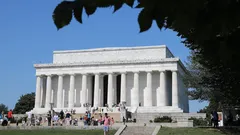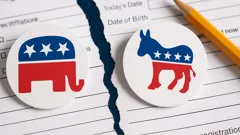182
2
4 minutes
Suggested Articles

First-generation Ivy Leaguers triumph over unique college challenges
Discover key insights, life hacks, and data-driven tips for first-generation college students thriving in prestigious U.S. universities. Find practical strategies, unique challenges, and fresh perspectives essential for student success.

Discover the hidden perks awaiting U.S. students who graduate with honors
Civic Education

Recent graduates unlock higher earnings and security with a college degree
Voter Guides

First-generation Ivy Leaguers triumph over unique college challenges
Hiring

Inside New York’s Regents rankings and what they reveal about student success
Civic Education

US withdrawal from UNESCO reshapes global education and cultural influence
Civic Education

How Education Became the Sharpest Fault Line in American Politics
News & Updates

Students unlock new graduation pathways that spotlight real-world skills
News & Updates

Columbia University’s $221 million deal sparks breakthroughs for students and science
Civic Education

Patriotic education reshapes American classrooms as the nation nears 250 years
Civic Education

Purpose-driven professionals trade bigger paychecks for lasting fulfillment
Hiring

Americans brace for possible Social Security cuts that reshape retirement
News & Updates

Why this Florida data leak changes how we think about privacy
News & Updates

Build your own AI chatbot and unlock hands-on tech superpowers
Resources & Tools

How to outsmart hidden medical expenses in your golden years
Civic Education

California workers secure jobs this summer with new 2025 laws
Hiring

Office power plays backfire and cost careers faster than you think
Hiring
 Love Women Vibes
Love Women Vibes

Comments